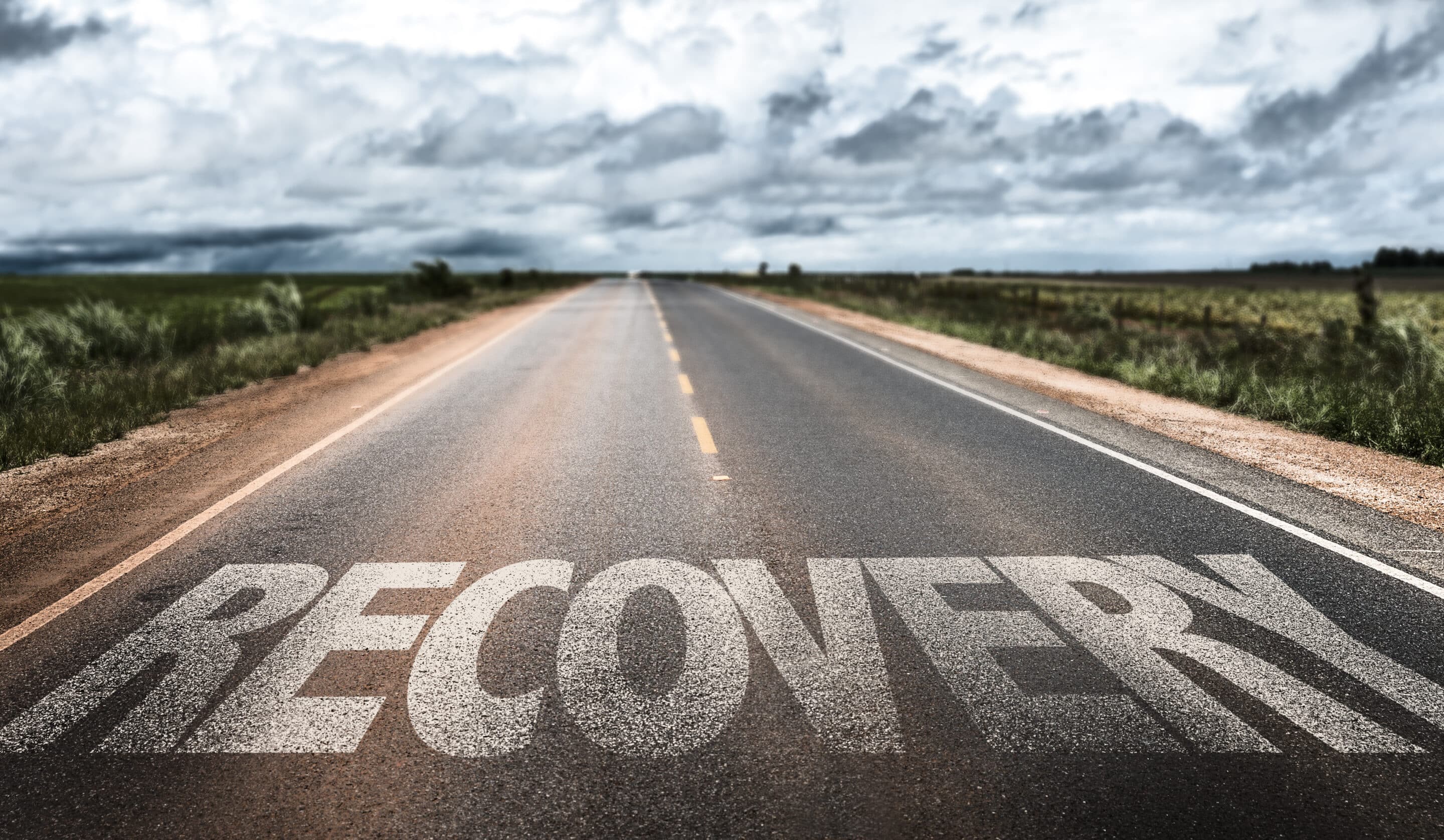
As annual overdose deaths approach 100,000 in the U.S., the focus on improving addiction treatment and rehab has grown significantly. Not only are new methodologies and medications being developed to help those in recovery, but public awareness and education on the topic has also seen a spike in popularity. Let’s take a look at some of the factors that play into the short and long-term success of those in recovery for addiction to drugs or alcohol.
How Often Do Patients Achieve Full Recovery?
The National Survey on Drug Use and Health gives us a snapshot of how many Americans aged 12 and older report suffering from a substance use disorder, or SUD. More than 27 million U.S. adults reported substance abuse problems, with almost 75% also reporting that they’re currently in recovery for their SUD. It’s important to note that being in recovery doesn’t mean that the individual has maintained sobriety the entire time as relapse is part of the process.
Does Relapse Mean Treatment Didn’t Work?
It may be easy to assume that a relapse is the result of poor treatment, but the National Institute on Drug Abuse has found that relapse during addiction treatment occurs at similar rates to other chronic conditions such as asthma or high blood pressure. Relapse happens in up to 60% of those with SUD and should be expected by those currently in rehab or who have recently finished treatment.
Even those who have achieved their first year of sobriety can experience difficult times in life that can push them towards drug or alcohol use as a coping mechanism. Regardless of how many times relapse occurs, there’s always help available to try again. A sober lifestyle through treatment takes time to achieve, but is always worth it in the end.
When you seek addiction treatment at America’s Rehab Campus, you’ll receive an individualized treatment plan built upon your unique needs and goals going into recovery. The type of treatment will take into account your personal health, the substance being abused, how addiction has impacted your life, and any underlying mental illness that may be contributing to your addictive behavior.
Treatment Programs For Addiction Recovery
Outpatient and intensive outpatient programs are designed to give you the flexibility to live at home during treatment, so long as you have a supportive and healthy environment to return to each day. These programs are ideal for those who have progressed through more in-depth treatment and are ready to start the transition to post-treatment recovery.
Inpatient residential rehab is the basis for a majority of new guests at ARC. These programs can last up to 90 days and allow you to stay at our world-class campus where you’ll have 24/7 support from a dedicated team of recovery specialists. In addition to therapy sessions and counseling, you’ll be able to take advantage of career-building courses and even beauty services to make treatment as relaxing and comfortable as possible.
Are you or a loved one ready to take the first step towards recovery? Reach out to the ARC team today to get started today.

